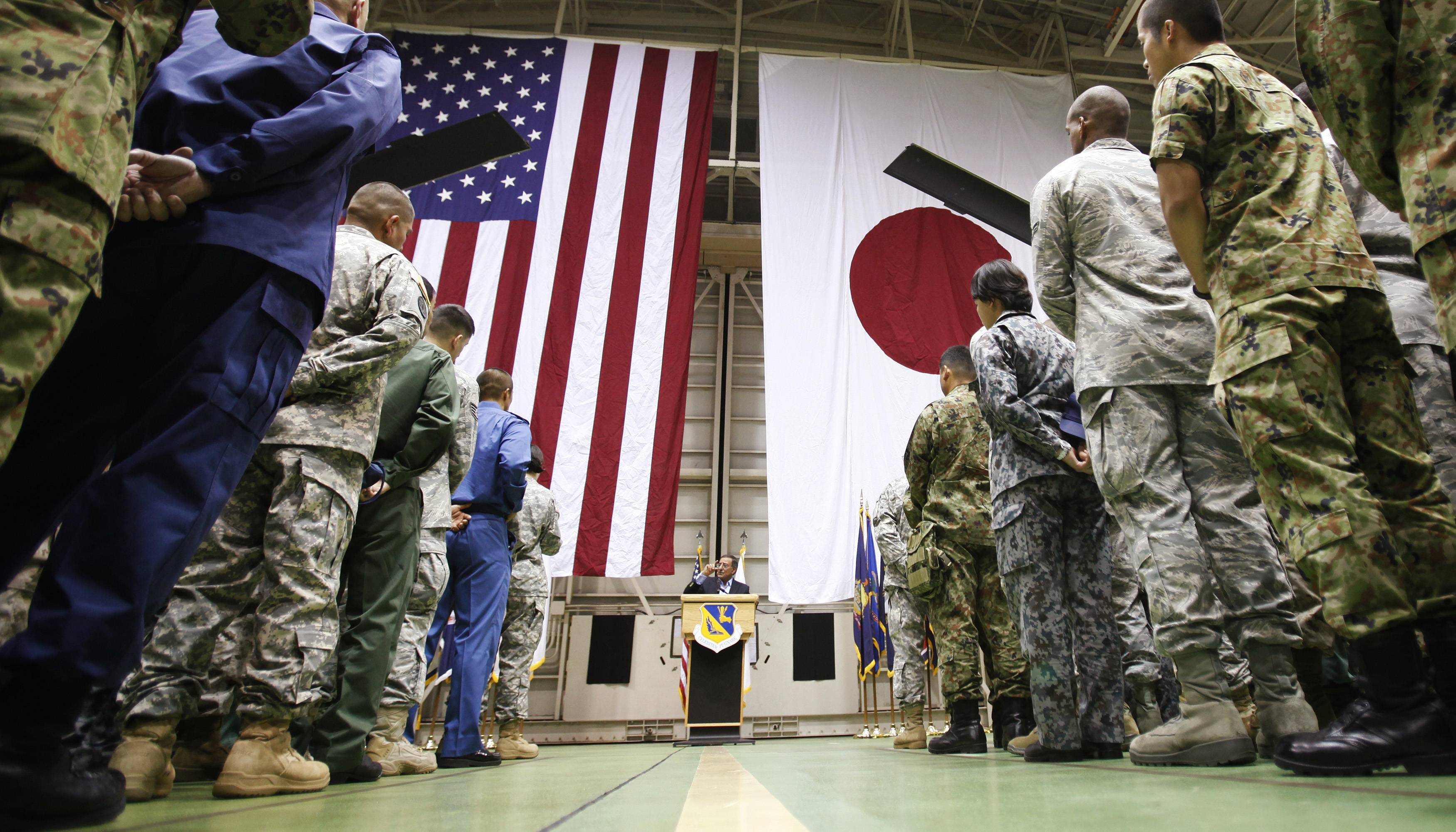The U.S. military in Japan in recent weeks is coming under intense scrutiny and correct criticism of its handling of COVID-19 infections among its personnel and dependents and lack of full compliance with related Japanese government requests.
Last month, the new foreign minister, Yoshimasa Hayashi, told Lt. Gen Ricky Rupp, the commander of U.S. forces in Japan, to improve the situation on Dec. 22 and had to make a stronger request to his U.S. counterpart, Secretary of State Antony Blinken, during talks on Jan. 6. Blinken reportedly responded to the effect that the “health and safety of residents in communities near U.S. military bases are important to the United States” and that he would explain Japan’s request to the Defense Department.
But actually doing is more important than simply saying, and the U.S. military has a long history of talking the talk but not walking the walk. As such, there have been renewed calls for a revision of the 1960 Status of Forces Agreement to make sure the U.S. military follows the guidance set out by the Japanese government.

















With your current subscription plan you can comment on stories. However, before writing your first comment, please create a display name in the Profile section of your subscriber account page.